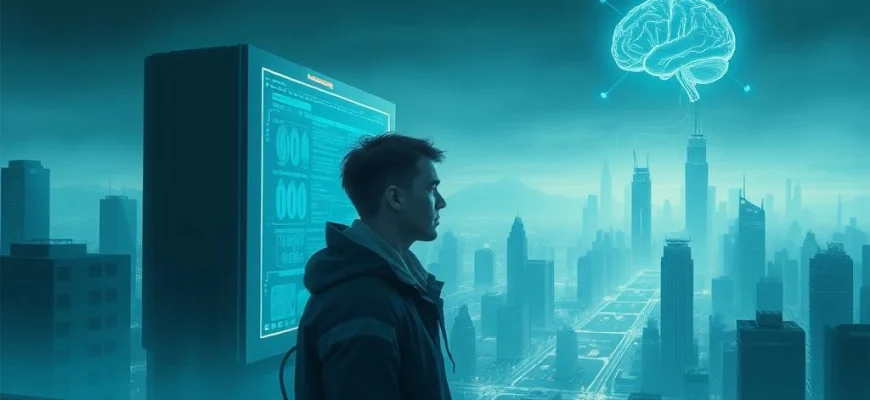If you enjoyed the thought-provoking sci-fi thriller 'The Final Cut' (2004), you'll love these 10 similar movies and shows that explore themes of memory, ethics, and technology. This article is perfect for fans who crave more mind-bending narratives that challenge reality and human identity.
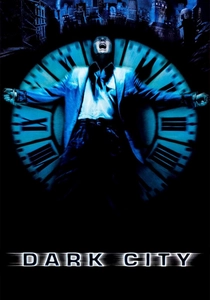
Dark City (1998)
Description: Presents a noir-inspired world where reality is constantly reshaped by mysterious beings, exploring identity and memory in a controlled environment.
Fact: The film was released the same year as The Matrix but was overshadowed by it. The entire city set was built on a soundstage with no natural light.
 Watch Now
Watch Now 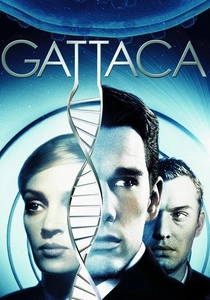
Gattaca (1997)
Description: Depicts a future where genetic engineering dictates social hierarchy, focusing on overcoming predetermined limitations through sheer will.
Fact: The name 'Gattaca' is composed of the letters G, A, T, and C, which stand for the nucleotides of DNA. The film's futuristic cars were modified Citroën DS models.
 Watch Now
Watch Now 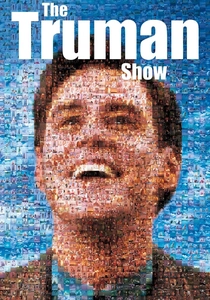
The Truman Show (1998)
Description: Explores themes of artificial reality and surveillance, questioning the nature of free will and identity within a constructed world.
Fact: The film's concept was inspired by an episode of The Twilight Zone. The town of Seahaven was a real planned community in Florida.
 Watch Now
Watch Now 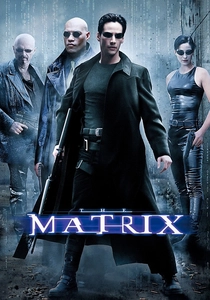
The Matrix (1999)
Description: Examines a simulated reality controlled by machines, with themes of awakening and rebellion against a fabricated existence.
Fact: The iconic bullet-dodging scene required 120 cameras and a technique called 'bullet time'. The film's green tint was added in post-production.
 Watch Now
Watch Now 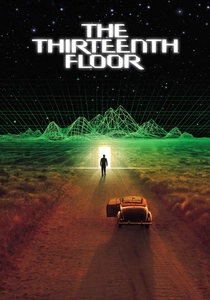
The Thirteenth Floor (1999)
Description: Investigates simulated realities and the existential crisis of discovering one's world is not what it seems, with a strong noir aesthetic.
Fact: Based on the 1964 novel 'Simulacron-3'. The film uses a split-screen technique to show parallel realities.
 Watch Now
Watch Now 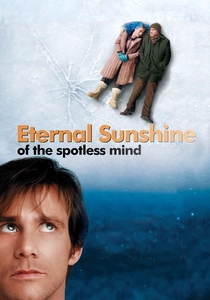
Eternal Sunshine of the Spotless Mind (2004)
Description: Delves into memory manipulation and the ethical dilemmas of altering human experiences, blending sci-fi with deep emotional storytelling.
Fact: The title is taken from a line in Alexander Pope's poem 'Eloisa to Abelard'. The film's nonlinear narrative was initially confusing to test audiences.
 Watch Now
Watch Now 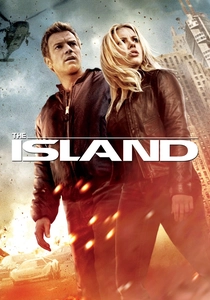
The Island (2005)
Description: Follows clones discovering their lives are fabrications, addressing ethical issues of biotechnology and personal autonomy.
Fact: The film's premise was inspired by the 1979 film 'Parts: The Clonus Horror'. Many action scenes were done with practical effects.
 Watch Now
Watch Now 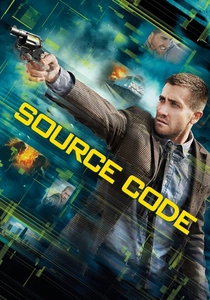
Source Code (2011)
Description: Revolves around reliving moments in a simulated environment to prevent a disaster, touching on themes of identity and alternate realities.
Fact: The film was shot in just 25 days. The train set was built on a soundstage and could be rotated for different angles.
 Watch Now
Watch Now 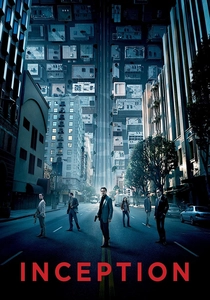
Inception (2010)
Description: Focuses on the manipulation of dreams and the blurred lines between reality and constructed experiences, featuring intricate layered storytelling.
Fact: The spinning top at the end was not CGI but a practical effect. The hallway fight scene was achieved by building a rotating set.
 Watch Now
Watch Now 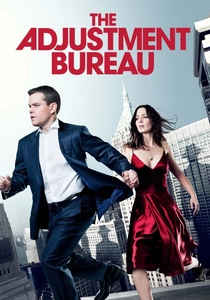
The Adjustment Bureau (2011)
Description: Centers on a hidden organization controlling fate, blending sci-fi with romance while questioning free will versus predestination.
Fact: Inspired by a Philip K. Dick short story. The film's hats became a symbolic element representing the Bureau's control.
 Watch Now
Watch Now 
